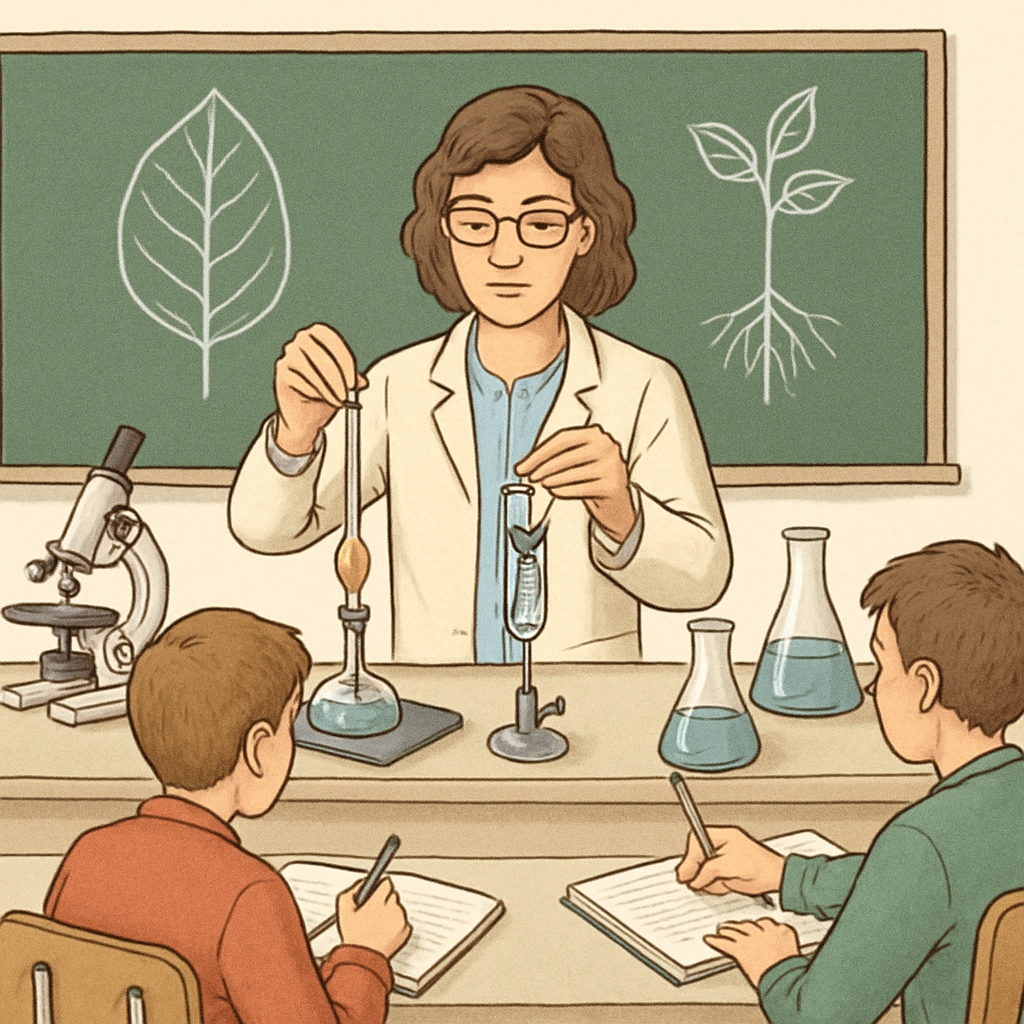Transitioning from a biology degree to pursuing an education master’s is a career path that offers both feasibility and exciting opportunities. For biology graduates passionate about teaching and working with children, this shift can open doors to meaningful and impactful work. With the increasing demand for STEM educators, a biology background can become a powerful asset in the classroom. This article explores the advantages of this transition, the unique interdisciplinary skills it brings, and practical steps for a successful career shift.
Why Biology Graduates Are Well-Suited for Education
Biology graduates bring a wealth of specialized knowledge and analytical skills to the education field. Their ability to think critically, conduct research, and explain complex scientific concepts aligns well with the requirements of teaching, particularly in STEM fields. Moreover, their experience in laboratory settings and scientific methodologies allows them to offer students practical, hands-on learning experiences.
In addition to technical expertise, biology graduates often possess transferable skills such as problem-solving, communication, and teamwork. These capabilities are invaluable in a classroom environment where educators must engage students, manage diverse learners, and adapt to dynamic challenges. For example, explaining the intricacies of ecosystems or cellular biology can help foster curiosity and a love for science among young learners.

The Benefits of Pursuing a Master’s in Education
For biology graduates considering a master’s in education, the program offers tailored training to bridge their scientific background with effective teaching methodologies. An education master’s typically includes courses on pedagogy (the art of teaching), curriculum development, and classroom management. These are essential for transitioning from a subject-matter expert to an effective educator.
Additionally, many education programs offer specializations in STEM education, allowing biology graduates to focus on teaching science-related subjects. This specialization can enhance their employability, as there is a growing demand for qualified STEM teachers in schools worldwide. According to a report on teacher education by Britannica, STEM educators are among the most sought-after professionals in the education sector.
Another benefit is the opportunity for career advancement. With a master’s in education, biology graduates can pursue roles beyond the classroom, such as curriculum developers, education consultants, or school administrators. These roles often come with increased responsibilities and higher earning potential.
Practical Steps for Transitioning from Biology to Education
Transitioning from biology to education requires careful planning and commitment. Here are some practical steps to help biology graduates make this career shift:
- Research Education Programs: Look for master’s programs that align with your career goals, especially those with STEM or science education specializations.
- Gain Teaching Experience: Volunteer at schools, tutor students, or participate in educational outreach programs to gain firsthand teaching experience.
- Build Your Network: Connect with educators, attend education seminars, and join professional organizations to learn more about the field.
- Understand Certification Requirements: Research the teaching certification process in your region, as it may vary depending on location.
- Leverage Your Biology Expertise: Highlight your scientific background and its relevance to teaching when applying to programs or jobs.

The Intersection of Biology and Education: A Unique Opportunity
One of the most significant advantages of transitioning from biology to education is the ability to inspire the next generation of scientists. As a biology educator, you can foster critical thinking, encourage exploration, and instill a passion for science in your students. By integrating real-world examples and hands-on experiments, you can make biology engaging and relevant for learners.
Furthermore, interdisciplinary educators are increasingly valued in modern education. Schools are looking for professionals who can connect STEM subjects with broader educational goals, such as environmental awareness and problem-solving. For instance, teaching students about climate change or biotechnology can provide them with practical knowledge to address global challenges.
Conclusion: A Rewarding Career Path
For biology graduates who are passionate about teaching, pursuing a master’s in education offers a feasible and rewarding career path. This transition allows individuals to combine their scientific expertise with the art of teaching, creating unique learning experiences for students. By following the practical steps outlined above, biology graduates can successfully navigate this career shift and make a lasting impact in the field of education.
Whether you dream of inspiring young scientists or contributing to STEM education reform, the journey from biology to teaching is full of possibilities. Embrace the opportunity to make a difference—both in the classroom and beyond.
Readability guidance: Short paragraphs, practical steps in list format, and clear transitions help maintain reader engagement. Overuse of passive voice and lengthy sentences is avoided.


